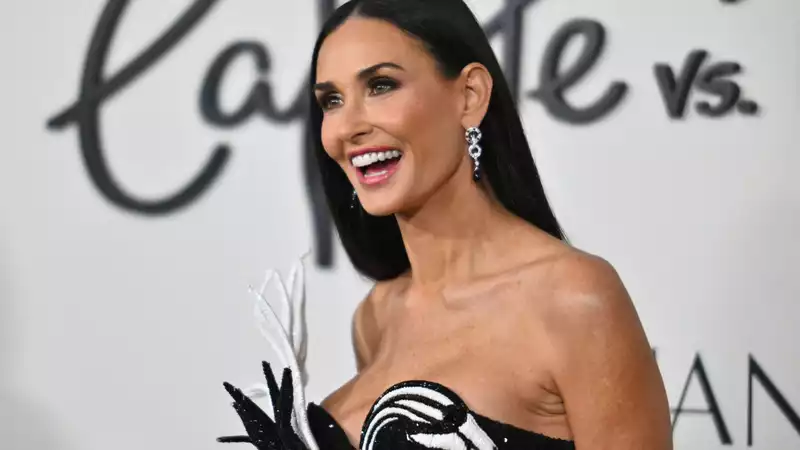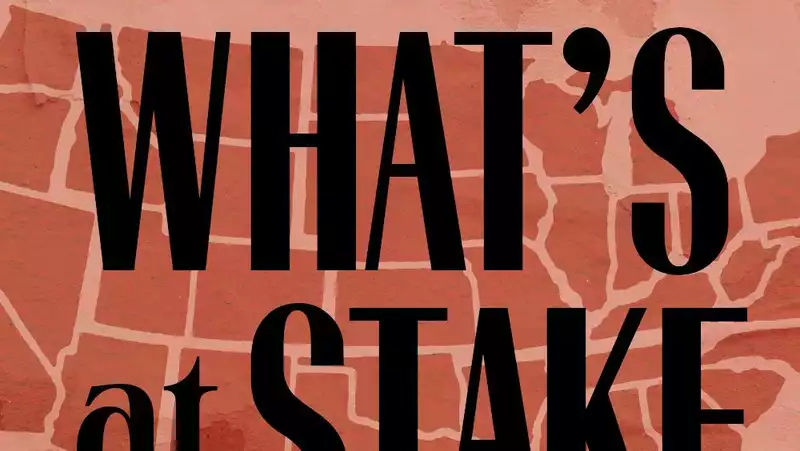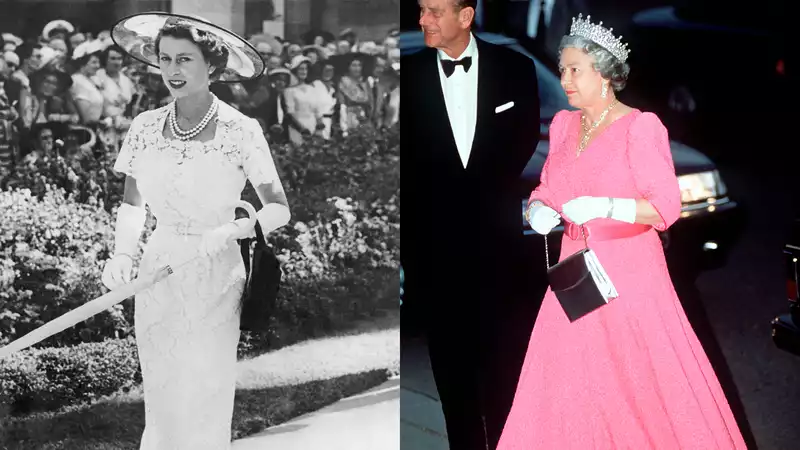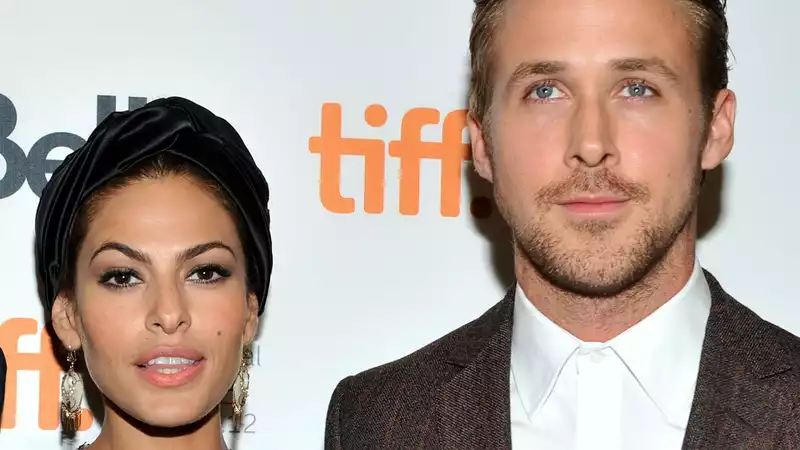What is at stake for education in the 2020 election?
When it comes to education policy in the November 2020 elections, from student loan policies and COVID-19 education rules to public schools versus for-profit schools, much of it comes down to one woman: Betsy DeVos. (Opens in new tab) President Trump's Secretary of Education, a woman described as "the most unpopular person in government (Opens in new tab)," has been described by some pundits as the longest-running and most seismic legacy of the current administration. Critics, in particular, have taken aim at DeVos's policies to end funding for public education and discredit it.
Under President Trump and another term in office for DeVos, public schools will continue to suffer and lose resources. Meanwhile, private, religious, and for-profit institutions will likely be deregulated and given the tools to thrive. Here are the most important education policy issues and the respective positions of the Democratic and Republican candidates.
Trump and DeVos: Trump has threatened not to fund schools that do not open despite COVID-19 concerns (open in new tab). Experts say DeVos has no legal authority to withhold funds. Meanwhile, DeVos was accused of using the $2 trillion Coronavirus Stabilization Act to funnel funds (opens in new tab) designed for public schools to private and religious schools, "abusing Congressional bailout efforts."
Harris and Biden: With regard to the Harris and Biden COVID-19 plan (open in new tab) as it relates to schools, to allow the CDC to provide national-level guidance on the dangers of COVID-19 spread to youth, to consider budget shortfalls affecting teachers funds, and using the "dial" analogy to make critical decisions about when to close or open schools based on risk and proliferation and how to safely reopen them.
Trump and DeVos DeVos is a strong supporter of private religious schools like the one she attended (opens in new tab) For fiscal year 2020, DeVos would provide no support for community school programs but $40 million for charter schools He supported the administration's proposal (opens in new tab). The proposal would cut $5 billion from public schools and reduce the Department of Education's budget by 10%. DeVos also supports federal vouchers for private schools that would divert funds away from public schools.
Harris and Biden: The Biden-Harris Education Plan (open in new tab) prioritizes public schools, provides additional support such as health professionals, leverages community resources for additional care for students and parents, eliminates funding gaps between white and nonwhite schools, establishes universal pre-K, safe school environments, including investing in infrastructure and strengthening gun control.
Trump and DeVos DeVos has criticized teachers (opens in new tab) and called them "bullies (opens in new tab)." She is very anti-union and especially anti-teacher union (opens in new tab). She supports programs to arm teachers in the classroom (opens in new tab).
Harris and Biden: Jill Biden, an educator for 30 years, is the face of Biden's education plan (opens in new tab). Biden has stated that she will ensure that teachers receive adequate compensation and benefits (average teacher salaries have not increased since 1996). As a presidential candidate, Harris proposed raising teacher salaries by $13,500.
Trump and DeVos DeVos and the current administration have been accused of enabling debt collection companies to engage in "deceptive" collection practices (open in new tab) that mislead and deceive borrowers, which they deny. DeVos repealed the paid employment rule (opens in new tab), which prevents for-profit schools from preying on students by providing education and not providing results. DeVos also made it harder for defrauded students to get redress (opens in new tab).
Biden and Harris: Biden and Harris supported a bill (open in new tab) that would rescind $10,000 in student loans for all borrowers. Harris has stated that he is in favor of free community college, debt-free four-year public colleges, and universal pre-K (open in new tab). Their plan includes two years of free community college, investments in facilities and technology, free public education for families earning less than $125,000, additional financial aid for students, and reductions in existing loan amounts.
Trump and DeVos The current administration has rolled back protections for assault survivors (opens in new tab), transgender students (opens in new tab), students facing racial discrimination (opens in new tab), and Obama-era policies aimed at reducing racism in education
Bidirectional policies.
Biden and Harris: For Harris, the issue is personal: she was one of the students (opens in new tab) in the historic Berkeley school integration bus program. Biden and Harris' current education plan (open in new tab) includes expanding students' ability to access grants and aid beyond tuition (open in new tab) and using community programs to help students facing poverty and other issues HBCUs institutions such as HBCUs will also be supported.
.






Comments